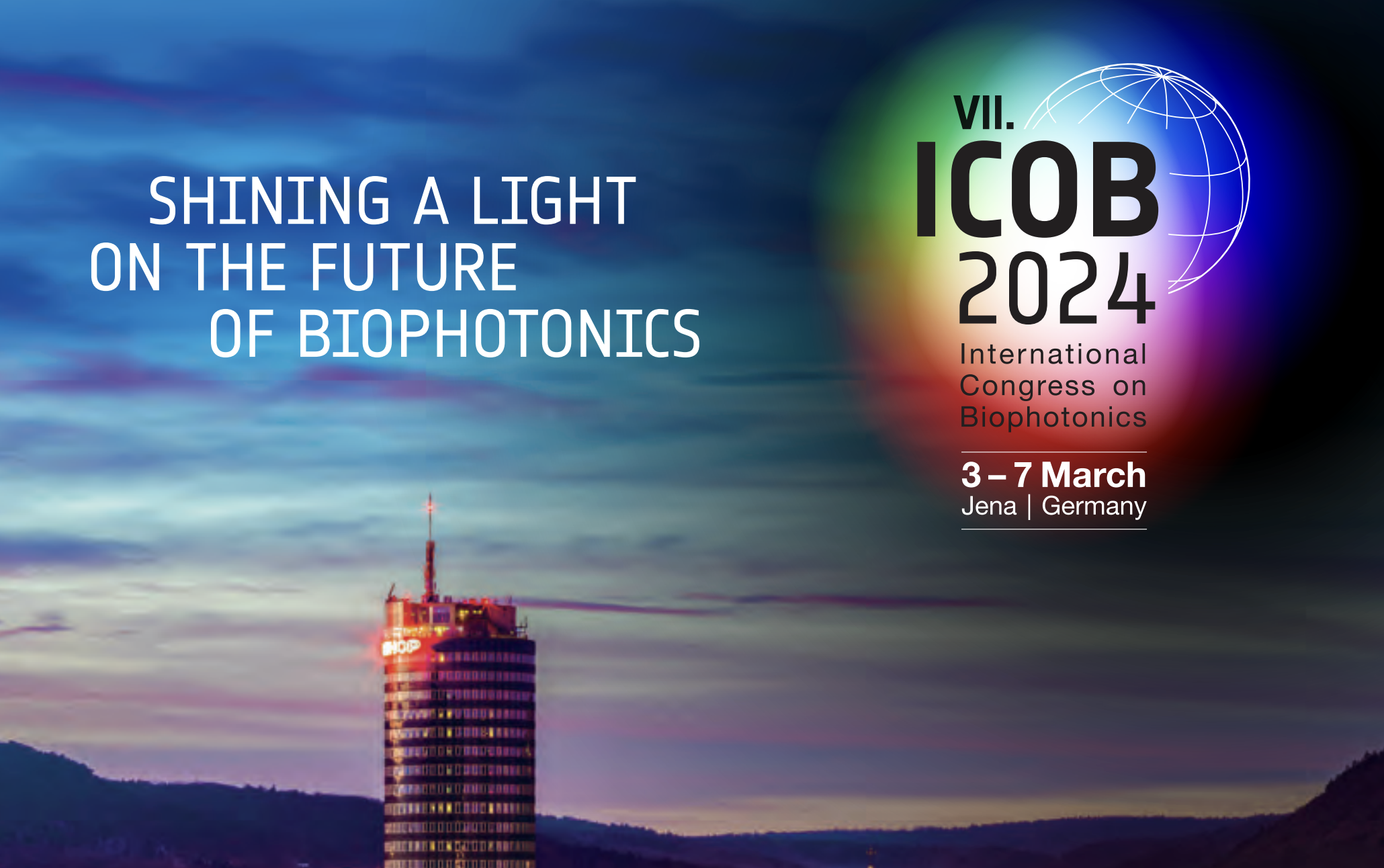Leibniz-IPHT is partner in successful Cluster of Excellence

The Friedrich Schiller University Jena (Germany) was granted funding for one Cluster of Excellence. As the Excellence Commission announced at 27 September in Bonn, Jena’s proposal for the cluster ‘Balance of the Microverse’ is among the 57 selected consortia which will be funded by the German Excellence Strategy for the following seven years.
In the Cluster of Excellence ‘Balance of the Microverse’, the University cooperates with its University Hospital and external research institutions. Together with partners from life sciences and medicine, the Leibniz IPHT researches real-time imaging methods at molecular resolution to address current challenges in biology and biomedicine. A specific Microverse Imaging Center will be established that advances state-of-the-art microscpic and spectroscopic technologies and provides them to the partners. Jürgen Popp, who coordinates the research activities at Leibniz IPHT, emphasizes the huge success of the granted fund for the university town. “Jena is an outstanding location for close interdisciplinary cooperation between optics, photonics, life science and medicine. Thus we are able to achieve real scientific breakthroughs like in the area of infection diagnostics. Now we can intensify this successful collaboration and develop completely new fields of research and application”, says Popp.
Cluster of Excellence “Balance of the Microverse”
Society is currently facing huge challenges: pathogenic microorganisms being resistant to antibiotics and polluted soils, to mention but a few. The researchers of the Cluster of Excellence ‘Balance of the Microverse’ in Jena can significantly contribute to solutions for those. Nature is full of complex microbial communities – the microbiota. These may have a stabilizing influence on living creatures and the environment, for instance, on the health of human beings, animals, and plants as well as on the fertility of soils or the water quality. While there is a wide knowledge about the composition of such microbiota available, the functions and dynamics of such systems still have to be examined. The objective of the research activities is therefore to find out the general principles on which microbial communities interact with each other. The crucial questions are what factors may stabilize such systems and how humans may intervene with target-oriented measures to repair a microbial community which lost its balance. The research programme should advance the thematic and methodological scope of the Graduate School ‘Jena School for Microbial Communication’ and of four existing Collaborative Research Centres.
Contact
Related News
Third party cookies & scripts
This site uses cookies. For optimal performance, smooth social media and promotional use, it is recommended that you agree to third party cookies and scripts. This may involve sharing information about your use of the third-party social media, advertising and analytics website.
For more information, see privacy policy and imprint.
Which cookies & scripts and the associated processing of your personal data do you agree with?
You can change your preferences anytime by visiting privacy policy.


